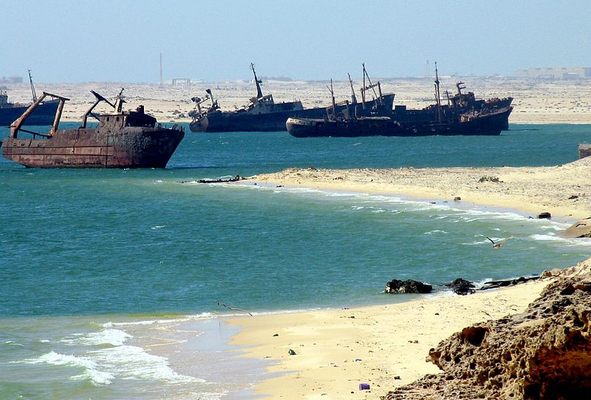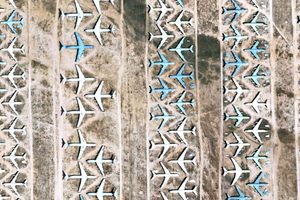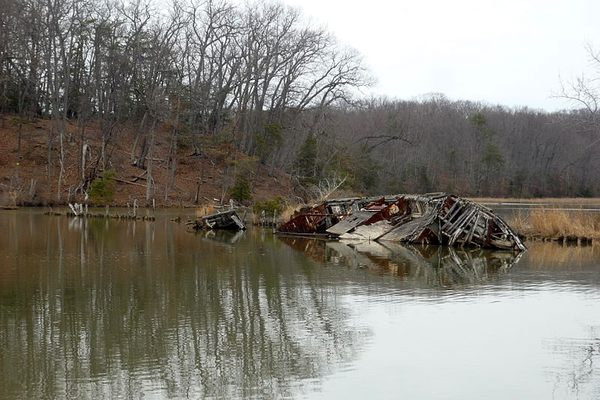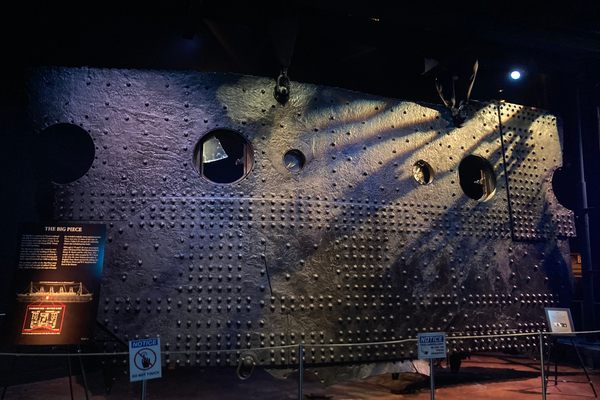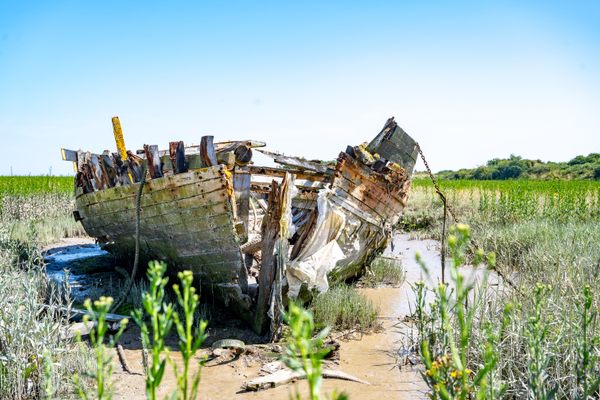About
The view off the coast of Mauritania's Bay of Nouadhibou is spotted with rusting hulks in every direction, ships that were cheaper to illegally abandon in the harbor than to correctly dismantle.
The city of Nouadhibou is the second largest settlement in Mauritania, but due to the limited employment opportunities, it is also somewhat poor. This economic hardship, as it often does, led to widespread corruption in the local government. Dismantling large boats is a costly procedure, and unscrupulous ship owners found that for a comparatively small bribe they could simply abandon their unwanted sea hulks in Nouadhibou's bay. Ships were brought from all over the world to be left in the shallow waters with a particular boom during the 1980's. Fishing trawlers, cargo vessels, and naval cruisers are just some of the varied types of boats among the over 300 rusting ships that have accumulated over the years like coral.
Despite the environmental concerns of toxic oils, paints, and rust seeping into the waters of the bay, the rotting ships have produced a few surprising benefits. In addition to a continuing salvage industry that has sprung up around the wrecks, their deteriorating hulls have actually provided new habitats for fish and undersea life, giving the city's vital fishing industry a much-needed shot in the arm.
Update November 2016: With an injection of captial from the Chinese, especially in the fisheries industry, it's said the government is committed to dealing with the hulks.
Related Tags
Know Before You Go
Nouadhibou is 300 miles north of Mauritania's capital, Nouakchott. Get there using a bush taxi or occasional buses, or across the border from Moroccan-controlled Western Sahara.
Community Contributors
Added By
Published
December 10, 2012

